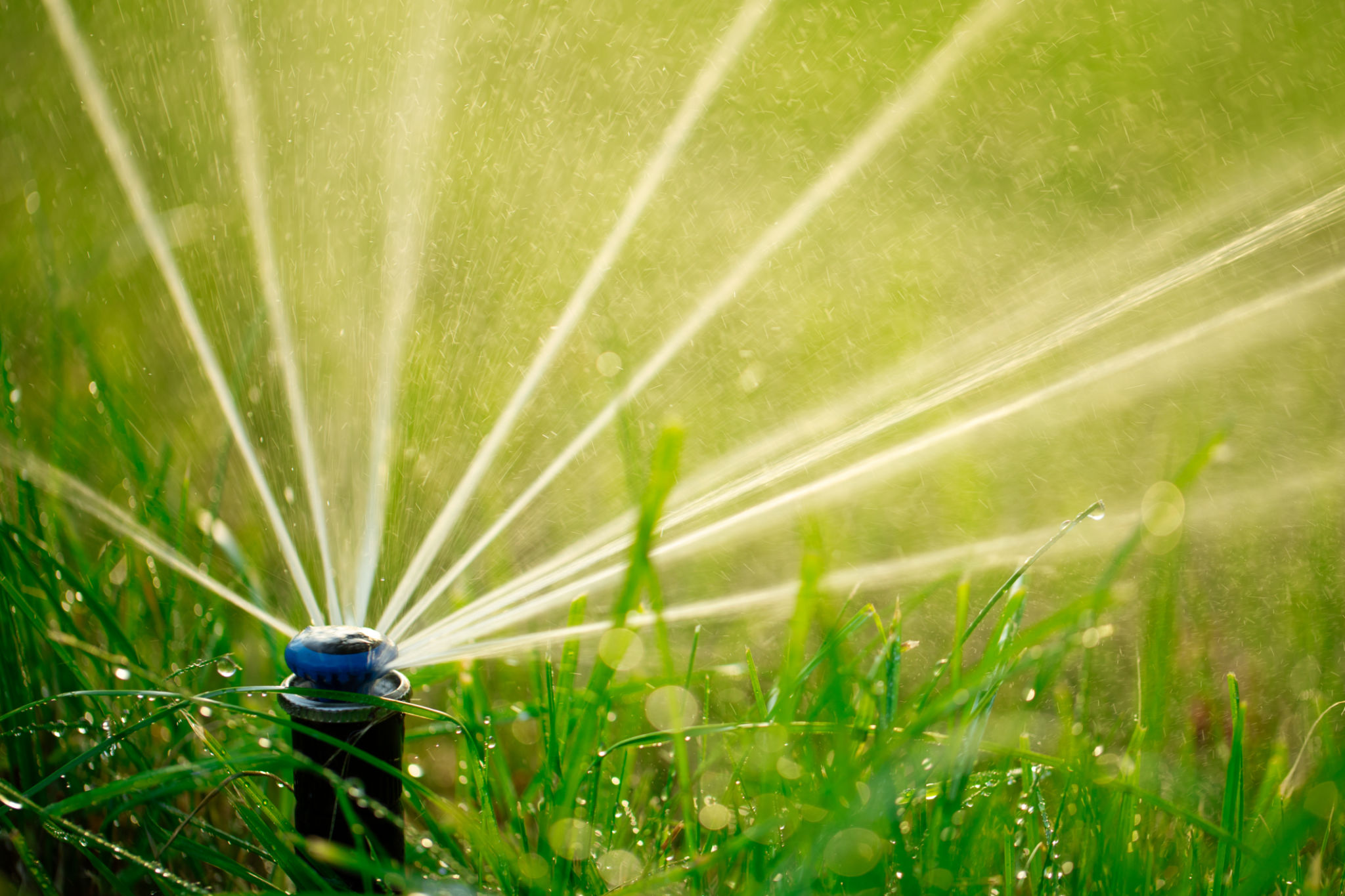Seasonal Farming Tips for Ocala: Preparing Your Farm for Success
Understanding Ocala's Climate
Ocala, Florida, is known for its favorable climate, which presents unique opportunities and challenges for local farmers. With its warm temperatures and ample rainfall, Ocala supports a wide range of crops throughout the year. However, understanding the climate patterns—such as the wet and dry seasons—is crucial for successful farming. Planning your planting schedule around these natural cycles can significantly boost your yield.
During the summer months, Ocala experiences heavy rainfall, which can be both a blessing and a challenge. While the rain is beneficial for crops, it can also lead to issues like soil erosion and waterlogging. It's essential to implement strategies to manage excess water effectively.

Soil Preparation and Improvement
Preparing the soil is a crucial step in ensuring a bountiful harvest. In Ocala, the soil tends to be sandy, which means it drains quickly but may not hold nutrients well. To address this, farmers should focus on improving soil fertility through organic matter such as compost or green manure.
Regular soil testing is recommended to determine nutrient levels and pH balance. Based on the results, you can adjust your fertilization strategy to meet the specific needs of your crops. Consider cover cropping during the off-season to enhance soil health and prevent erosion.
Effective Water Management
Water management is critical in Ocala's farming practices, especially given the area's fluctuating rainfall patterns. Consider installing an efficient irrigation system to ensure your crops receive consistent moisture without overwatering. Drip irrigation is a popular choice as it minimizes water waste and targets the plant roots directly.

Crop Selection for Seasonal Success
Selecting the right crops for each season is vital for maximizing your farm's productivity. In Ocala, warm-season crops such as tomatoes, peppers, and squash thrive during the spring and summer months. As fall approaches, cool-season crops like broccoli, cabbage, and kale become more suitable.
Rotating crops each season not only helps prevent soil depletion but also reduces pest and disease pressure. It's advisable to create a detailed crop rotation plan to ensure a balanced approach to planting and harvesting throughout the year.
Pest and Disease Management
Pest and disease management are integral components of successful farming in Ocala. The region's warm and humid climate can foster various pests and diseases that threaten crops. Implementing integrated pest management (IPM) strategies can help mitigate these risks effectively.

IPM combines cultural, biological, and mechanical controls to minimize pest populations while reducing reliance on chemical pesticides. Regular monitoring of crops and maintaining biodiversity on your farm are essential practices to keep pests and diseases at bay.
Maximizing Farm Efficiency
Efficiency on the farm can lead to increased productivity and profitability. Investing in modern farming equipment and technology can save time and labor costs while improving crop yields. Additionally, training farm workers in best practices ensures that everyone on the farm is working efficiently towards common goals.
Consider adopting sustainable farming practices that reduce environmental impact while enhancing long-term productivity. Techniques such as conservation tillage and precision agriculture can help maintain soil health and optimize resource use.